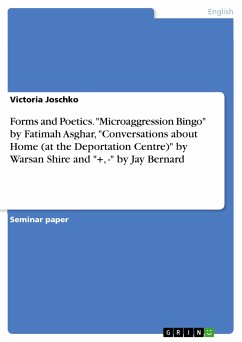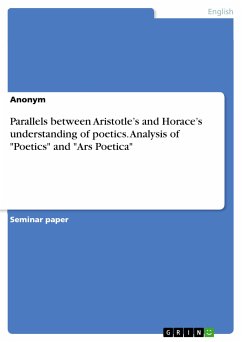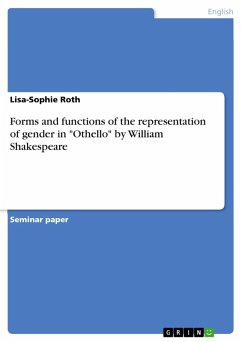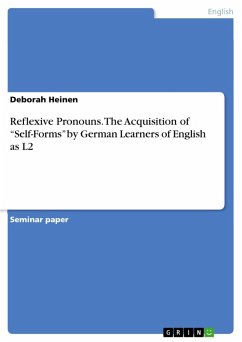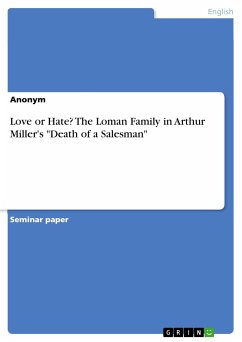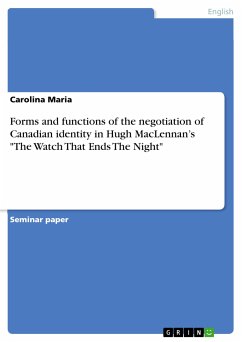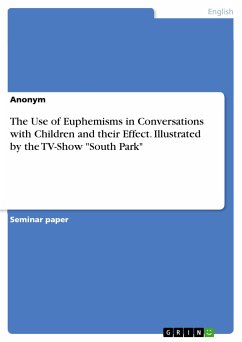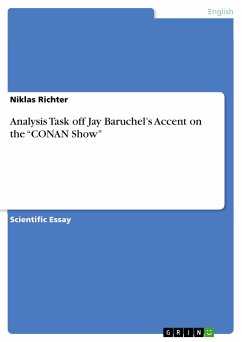Seminar paper from the year 2023 in the subject English Language and Literature Studies - Literature, grade: 1,3, , language: English, abstract: This Essay will be about the poems "Microaggression Bingo" by Fatimah Asghar, "Conversations about Home (at the Deportation Centre)" by Warsan Shire, and "+, -" by Jay Bernard and why it belongs to contemporary BIPoC poetry. To achieve this goal, firstly, the concept of BIPoC poetry is to be clarified. Secondly, each poem will be looked at individually to see if the poems just mentioned meet the criteria to be considered as such. In this essay, the differences and similarities of the poems are worked out and a critical reflection on to the extent to which the poems are considered experimental and/or contemporary follows. While the poems will be closely examined and shed light onto, attention will also be given to the aspects of representation of othering, exclusion, and discrimination and to what extent these three works illustrate the experiences of their respective narrator. Fatima Asghar's "Microaggression Bingo" exposes the subtle, everyday acts of racism and microaggression experienced by marginalized individuals. The poem uses the format of a bingo game to highlight the pervasive nature of these encounters, illustrating the emotional toll they take on the individual. In "Conversations about Home (at the Deportation Centre)" by Warsan Shire, the poet delves into the experiences of immigrants detained in deportation centers, focusing on the themes of displacement, loss, and longing for a sense of belonging. The poem explores the complex emotions and stories of individuals forced to leave their homes and navigate a system that dehumanizes them. Through vivid imagery and poignant lines, Shire invites readers to empathize with the struggles faced by immigrants and question the concept of 'home'. The third poem "+, -" by Jay Bernard reflects on the New Cross house fire tragedy, a devastating event that occurred in London in 1981. The poem explores themes of loss, grief, and the collective memory of the community affected by the fire. It captures the voices and stories of survivors and victims, expressing the pain, anger, and resilience in the aftermath of the tragedy. Bernard's evocative language and striking imagery invite readers to confront the systemic.
Dieser Download kann aus rechtlichen Gründen nur mit Rechnungsadresse in A, B, BG, CY, CZ, D, DK, EW, E, FIN, F, GR, HR, H, IRL, I, LT, L, LR, M, NL, PL, P, R, S, SLO, SK ausgeliefert werden.

